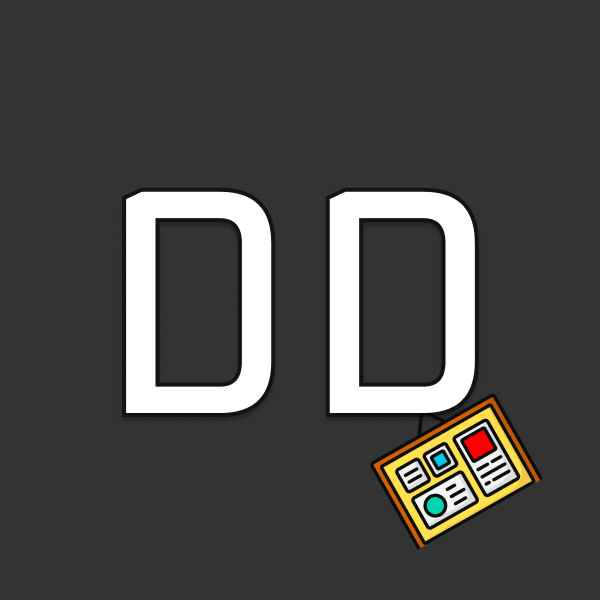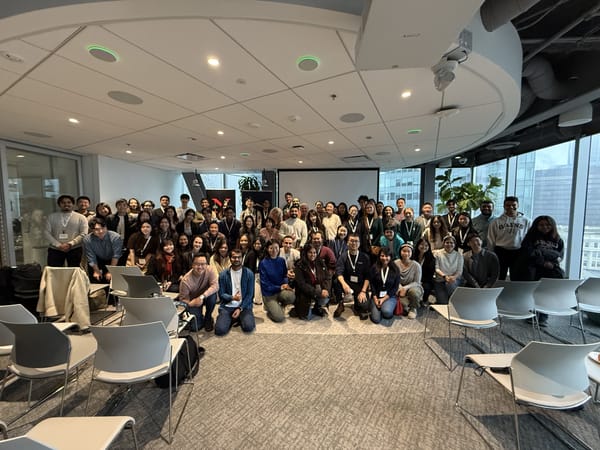Product Management: Theory Versus Reality

Textbook product management can be too simplistic, so here is a breakdown on the realistic operations of a product manager.
Many in and out of tech think product managers are the “holy grail” of any product team who work with cross-functional teams while getting to define everything. Well, if you enjoy the role as much as I do, you’ll still be satisfied, but you’ll understand the differences between theory and reality.
Let’s first state what textbook product management is, and then dig into what real product management is.
Ever since my first exposure to product management through internships back in college, I’ve been obsessed with both the title, career path, and job responsibilities. To me, who was someone that loved working with others while being the center of everything, the PM job was my dream.
What Product Management is by Theory
As someone who was just starting out — first by way of online (and in-person) courses and then through internships, I developed a naive perception of a PM early on. I thought the following:
- Product managers got to own their product’s entire strategy, roadmap, and vision, end-to-end. Some even consider themselves the “CEO” of their product (while leading without authority).
- Product managers get to be the face of it all and own a lot of decision-making for their product itself, and subsequently, their backlog.
- Product managers get to merge their business acumen with a technical product mindset, and track success with key product metrics.
- Product managers get to analyze and/or query data (or do A/B testing) to make informed feature decisions.
- Product managers got to draw wireframes or concepts and work with designers to capture their idea for the full product experience.
Now you may be thinking: “hold on a second, this is actual product management.” And you’re right. Put it simplistically, this is product management. But my point is not to refute these responsibilities; it’s to point out that realistically, things are much more complicated than they seem, and product management varies greatly from team to team, so much so that it’s arguably one of the most dynamic jobs in tech. In other words, you’re not guaranteed to do all of those responsibilities I pointed out above; you might do a twisted combination of some of them, or you’ll have to dip your feet into some more operational tasks based on the requirements of your business or team.
In my personal opinion, venn diagrams like these just paint the role with an unnecessary and simplistic picture:

This makes it seem like the PM is the center of all things product development, and get to own a piece of every process. While this can be true in some cases, often times your role is much more complicated than just these three circles.
Looking back in retrospect, I can understand why I thought product management to be the “holy grail of all tech jobs.” First, many books and courses talking about product management are going to be slightly biased in their content; it’s natural. Not only is it to upsell their stuff, but it’s also to paint the job with a slightly rose-tinted glass. If product managers got to own so many impactful areas, such as their team’s product strategy, long-term vision and roadmap, then of course everyone would want to double-click on that idea and promote that for marketing. Not to mention the notion of “cross-collaborating with everyone in their product team and demonstrating user empathy.” Everything people lay out make product management sound like a dream job for business-minded techies who don’t want to code. Of course everything is partially true, but you can’t just forge a simplistic view of product management that way.
Real Product Management
I’m not saying to lower your expectations; I’m asking you to change them, not because product management isn’t fun, but because each team does things so differently. Focus on what your team needs and it operates, not chasing the dream set of responsibilities that product management typically entails.
Here are my 6 key nuances of real product management:
- There’s no “one size fits all” with building products and establishing processes. This we’ve established; there are products in all shapes and sizes, which impacts what your teams will look like too. You’ll have to fit and conform to what’s best for your specific team. Following the general responsibilities a PM is allowed to do without considering the specific needs for your team could be detrimental. For example, what if you worked on a database product that badly needed to be migrated from in-memory to cloud? Suddenly, you’re working with engineers more closely on an execution level than product strategy or with any designer. Unless you’re super technical, engineers may get more say in what goes into the product than you simply due to the nature of it.
- Some mundane, operational (or executional) tasks could come your way. Building off of my first point, based on the specific needs of your team, the PM (Especially one that’s more junior) might have to handle more execution or operational work than strategy work. Just think about it: setting up meetings, taking and sending meeting notes, writing documentation, handling capacity management, and sending weekly/monthly reports. This could stay especially true for a start-up, where people have to wear more hats anyway.
- You have to remember that humans have emotions and opinions, and a PM must trek carefully. On paper, making decisions and prioritizing may sound fun, but in real life, managing piles of chaos with human emotions and different personalities can be eye-opening. Honestly, take a look at Dr. Bart Jaworski’s article on why real PM is different than Theory here, where he mentions this point.
- You can’t forget that you’re working with seniors and a PM manager. Many courses, curriculums, and books teach you how empowering being a PM is, but in reality, there are still some non-negotiable deeds that you must fulfill for seniors or your own manager. I’m not saying that’s bad — I’m saying it’s a reality that some people forget.
- Sometimes, you have to come up with the right tools and processes yourself. It surprised me how loosely defined these structures were in my previous team back at Microsoft, despite the company being obviously massive and product-focused. You’d think there’d be a unified, structured, and very streamlined way each team would do product! Instead, each team has completely different methods of operating and executing, which makes sense, given the diversity of products and people. Just like any other company, PMs would have to adopt best practices for their teams themselves, which is fair. These could include user research tools or practices, OKR tools, prioritization frameworks, and even dashboards to track bad user feedback. Heck, I’ve heard from others that they observed this at Google as well.
- Since you’re the center of many business functions and product decisions, you’ll definitely need some self-time to gather your thoughts, undress the chaos, and organize things with clarity. Constant context-switching is normal, so you’ll need A LOT of time to “think,” “organize thoughts,” and do “research,” but you’ll always struggle to find that time. Why? Cause you’ll probably be in too many meetings to get enough focused work done. For example, let’s say you’re a PM for a new AI-based marketing tool. You already have a bunch of “to-dos” related to researching the competitors and organizing your roadmap for the next quarter, but you also have 3 meetings with other business functions related to product execution, a meeting with another PM to discuss how your tool relates to theirs, a customer research meeting, a bunch of design requirements, a meeting with your boss and the CTO, and you need to give a few presentations (with slide decks you haven’t started on yet) both today and later this week. Not to mention the countless emails and Slack/Teams messages you’re getting on a daily basis which could cover just about anything. Each day would give you only 2–3 hours max for focused work without meetings or distractions.
Conclusion
Remember, this is coming from someone who absolutely loves being a PM. I wouldn’t trade my profession for anything else in the world. I hope I didn’t paint a poor picture, but rather a more realistic one. I urge all prospective PMs to ask the right questions during their job interviews, understand their team, and to adapt the best way they can. Cheers and good luck!
About Me
My name is Kasey, AKA J.X. Fu (pen name). I’m passionate about writing.
Follow me on Medium for more writing, product, gaming, productivity, and job-hunting tips! Check out my website and my Linktree, and add me on LinkedIn or Twitter, telling me you saw my articles!





